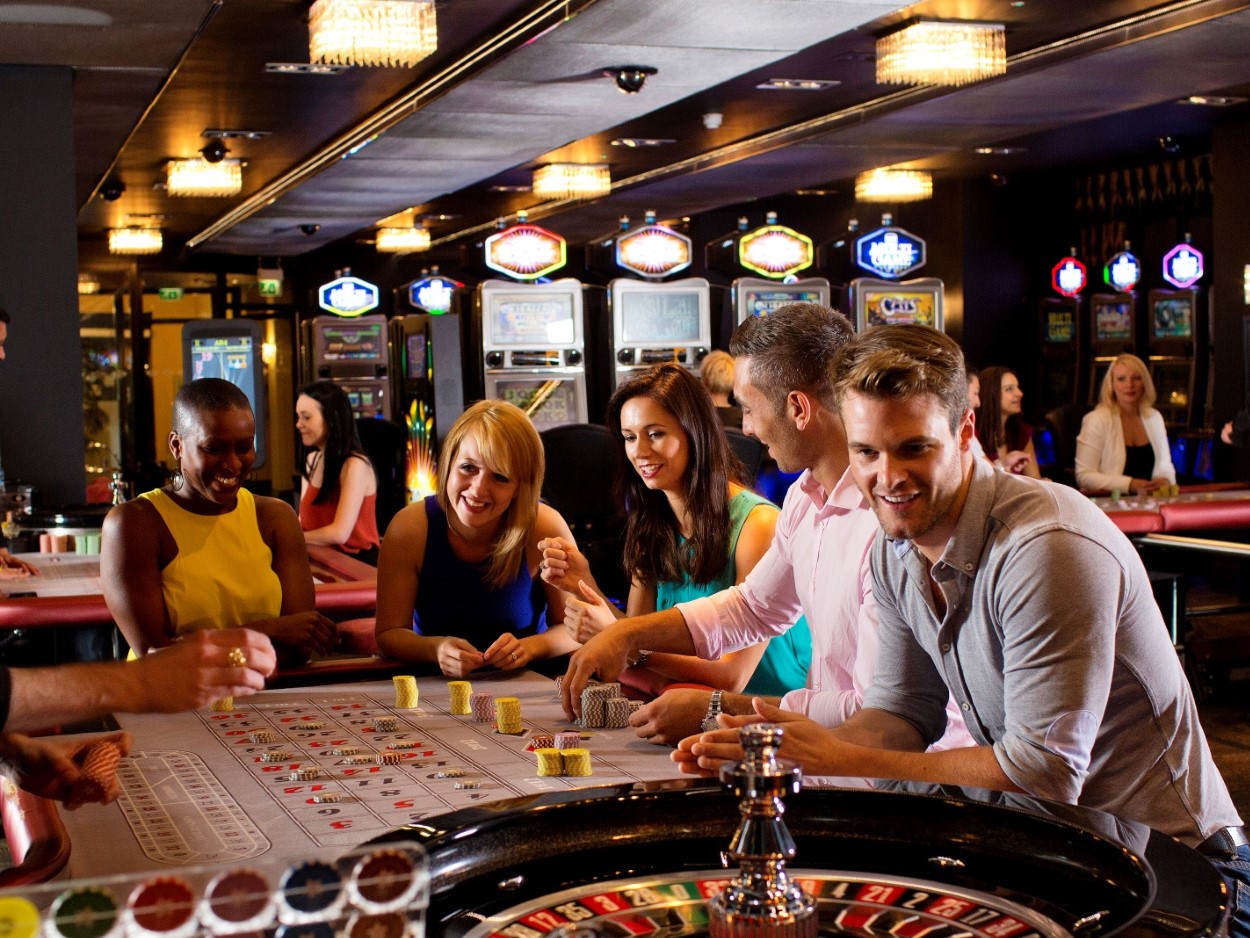
Casino activities have enthralled enthusiasts for centuries, pulling them into a universe of thrill, fortune, and prosperity. From the sparkling lights of video slots to the tactical nature of poker games, these experiences offer a distinct blend of entertainment and exposure. However, below the surface of this glamour and glamour lies a sophisticated relationship of math that determines every conclusion and decision made within the gambling establishment.
Grasping this link between gambling games and mathematics not just improves the gambling experience but also can help players make knowledgeable decisions. Whether you are a casual player or a passionate follower, recognizing the numerical strategies at play can offer insightful knowledge into probability, probabilities, and strategies, eventually influencing how one deals with these games of luck.
Mathematical Likelihood in Betting
In the world of casino games, mathematical probability plays a critical role in determining results and guiding gambler decisions. Each game has a distinct set of rules and a specific likelihood model that shapes its dynamics. For example, in activities like the roulette wheel, players must understand the chances of landing a specific number or shade. The probability of specific occurrences happening can be computed, and this knowledge can greatly influence betting tactics.
Gambers also need to be informed of the house edge, which is the statistical benefit that gambling establishments hold over players in the long run. This advantage varies across different activities. In blackjack, expert players can use tactics to minimize the house advantage to as little as 1 percent, while in activities like slot machines, the casino edge can be significantly greater. Understanding the casino edge allows gamblers to make wise choices about which activities to play and the amount to wager.
Additionally, likelihood is crucial in the concept of danger versus gain in gambling. Each bet carries a specific danger factor, and players must consider the possible payout against that risk. Activities like poker require players to not only compute the odds of their personal showing winning but also to assess the likelihoods of their rivals’ hands. By applying mathematical principles to their strategy, players can improve their chances of success and participate more effectively in the exciting realm of gambling activities.
Anticipated Value in Gambling Games
When discussing casino games, one of the basic concepts rooted in math is the expected worth. This statistical metric assists players grasp the potential outcomes of their wagers over time. In basic terms, anticipated value (EV) determines the average amount a gambler can anticipate to win or lose per bet if they were to play the game many times. Each game has its own EV, influenced by the odds and the house edge, which signifies the benefit that the gambling establishment holds.
For example, think of a activity like roulette. The anticipated worth can be derived based on the specific wager placed. If a gambler bets on a single number, the payout is 35 to 1, but the actual chances of success that bet are 1 in 37 (in Euro the roulette game). This leads in a detrimental anticipated value, showing that, on average, gamblers will lose money over a period when playing this type of bet. Understanding this idea allows players to make better educated choices about which games and bets may be more favorable.
Additionally, the exploration of expected value can lead to better money management. F168 Players who comprehend the mathematics behind their games are often able to set realistic goals. By acknowledging their potential deficits and gains, they can adjust their playing strategies appropriately, which may enhance their total gaming experience overall. As a consequence, expected value serves as a critical tool for both beginner and seasoned players to navigate the often unpredictable nature of gambling activities.
Tactics and Probabilities: The Mathematics Behind Success
In gambling games, grasping the probabilities is essential for participants seeking to enhance their chances of success. Each contest has its own distinct set of odds that determine winning results, and these numbers are often presented in the gaming rules or payout tables. For example, in games like blackjack, participants can enhance their probabilities through tactics such as card counting, which relies on math principles to gain an upper hand over the establishment. By educating themselves with the probabilities, gamblers can make more educated determinations on when to wager and when to fold.
Additionally, the concept of expected value plays a significant function in casino strategies. Average outcome assesses the mean outcome of a wager over a period, allowing gamblers to assess whether a particular wager is worth taking. For example, video slots have a specific payback percentage, which can indicate the average profit a participant can expect on their wagers. By choosing games with better expected values, participants can lessen the casino edge, maximizing their potential returns in the long run.
Lastly, successful participants often utilize a blend of luck and calculative tactics to boost their gaming experience. While chance is unpredictable, managing a staking plan based on calculative ideas can lead to more advantageous situations. By utilizing techniques such as bankroll management and choosing games, participants can utilize math to handle the unpredictable nature of gambling activities, making the most of their efforts and money at the gaming tables.
